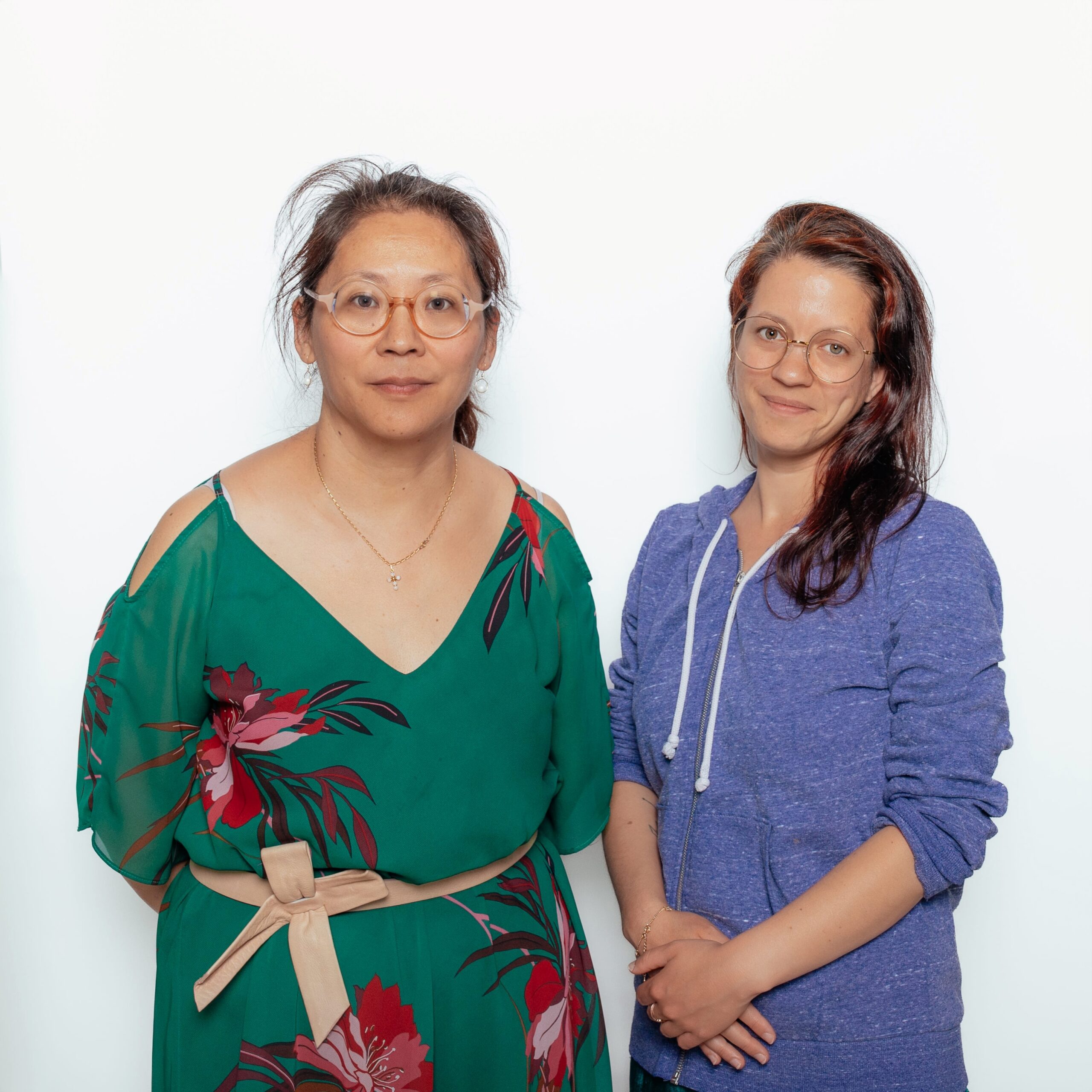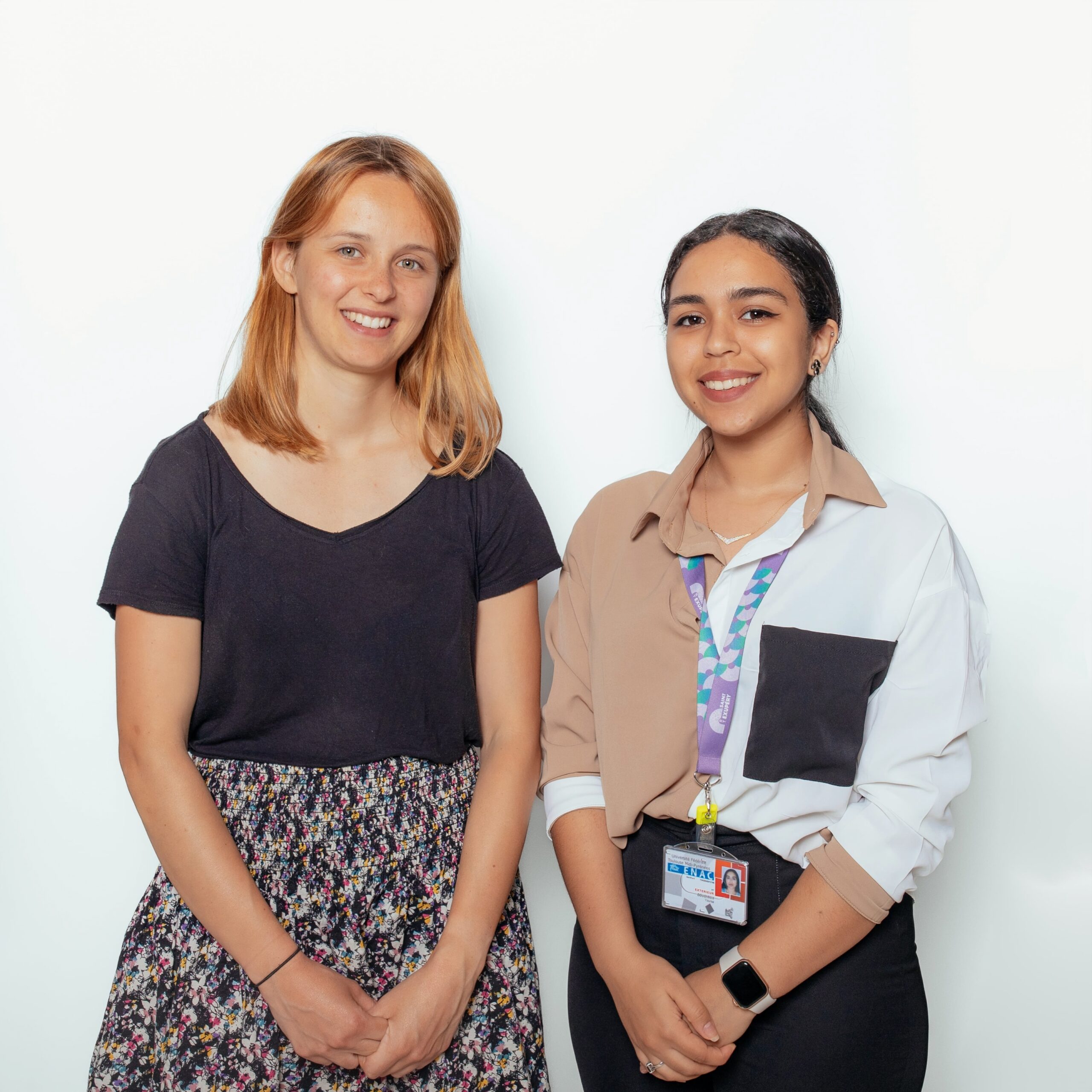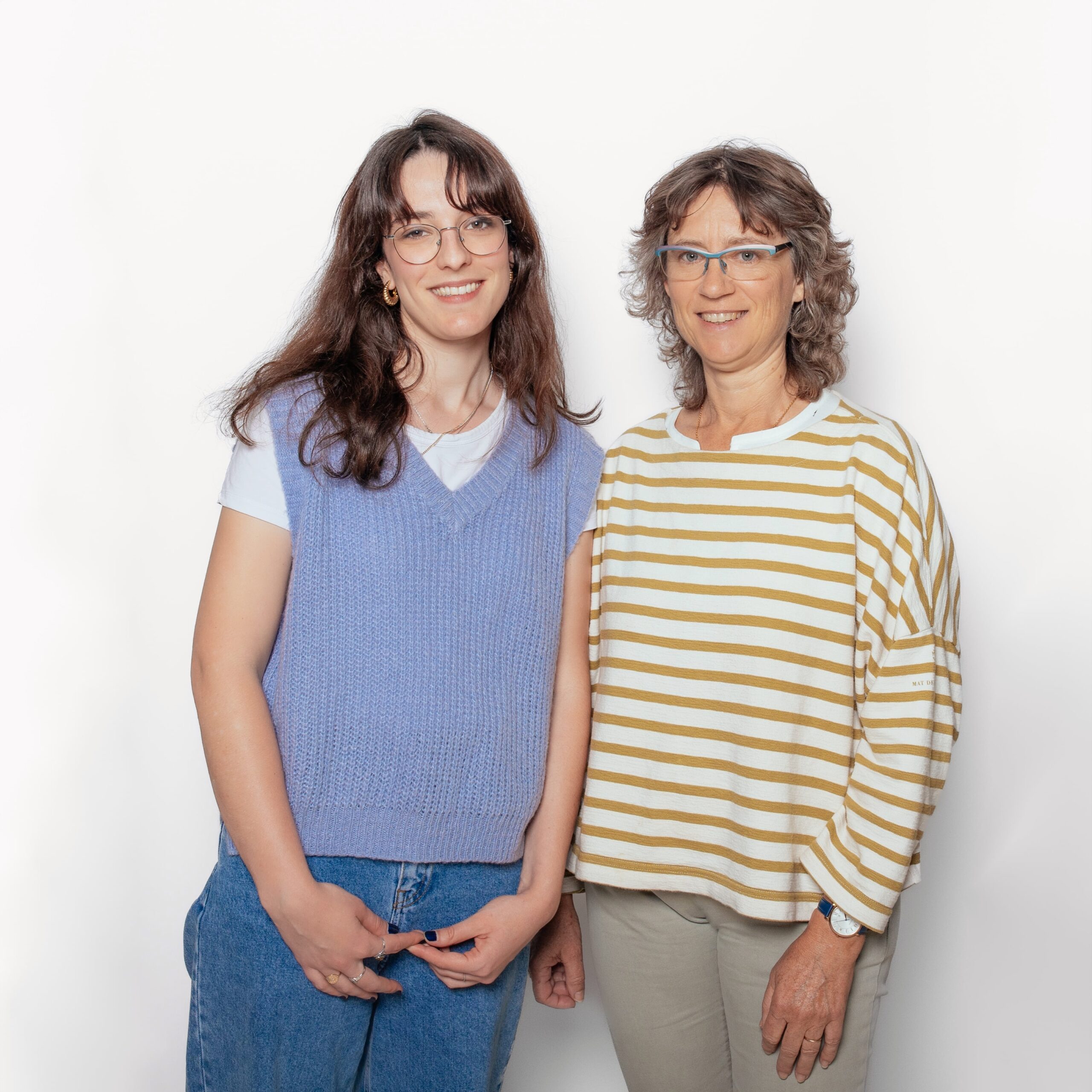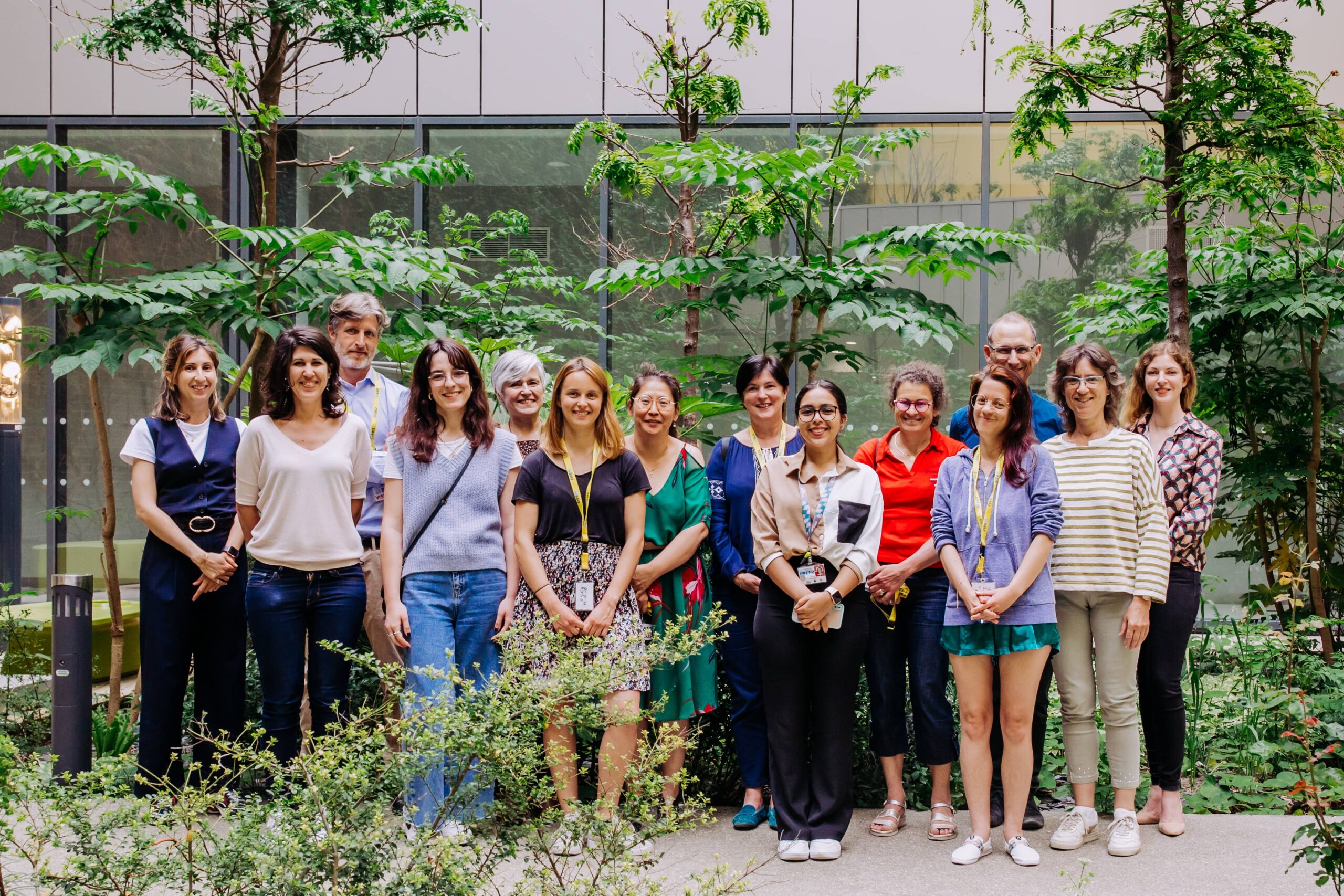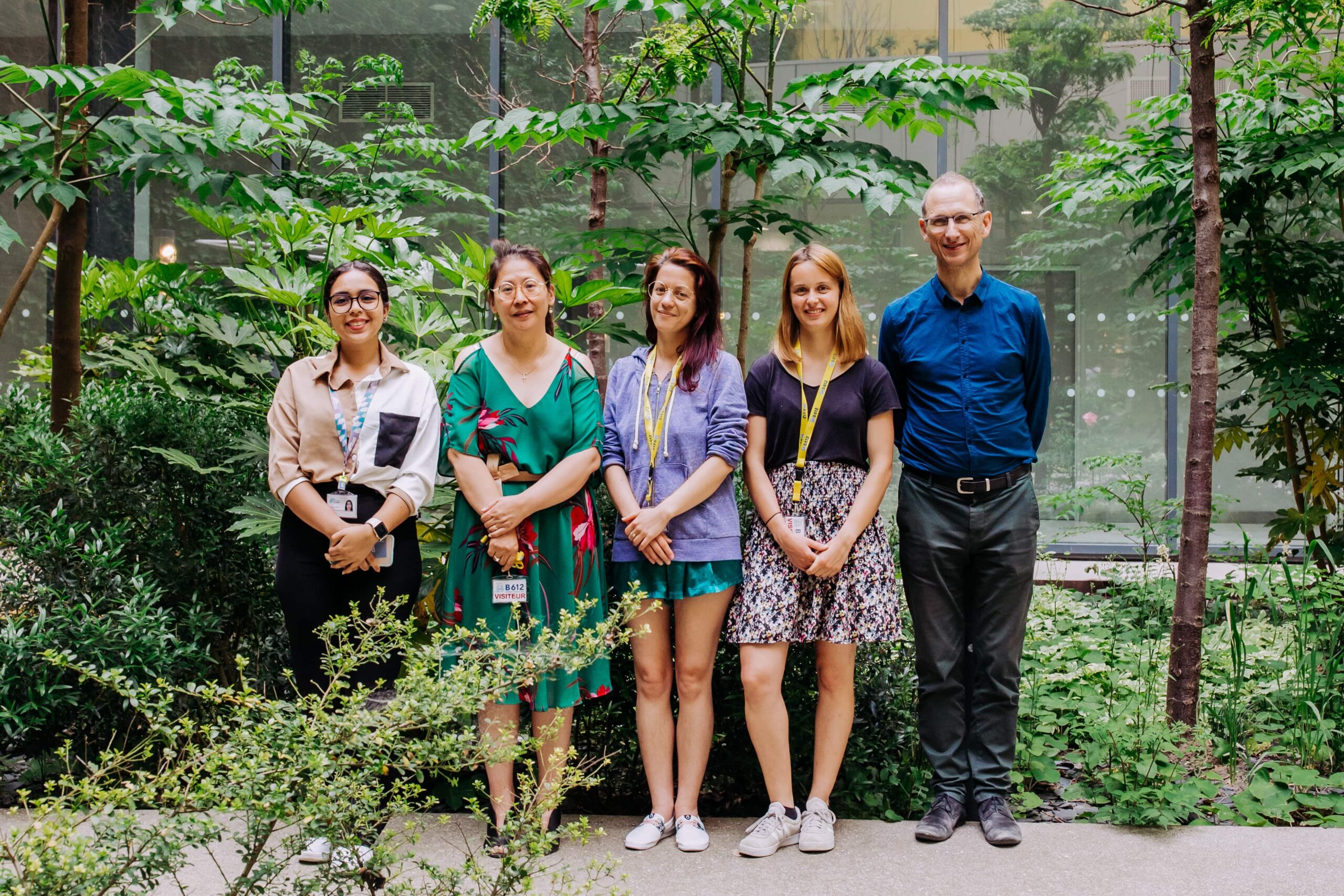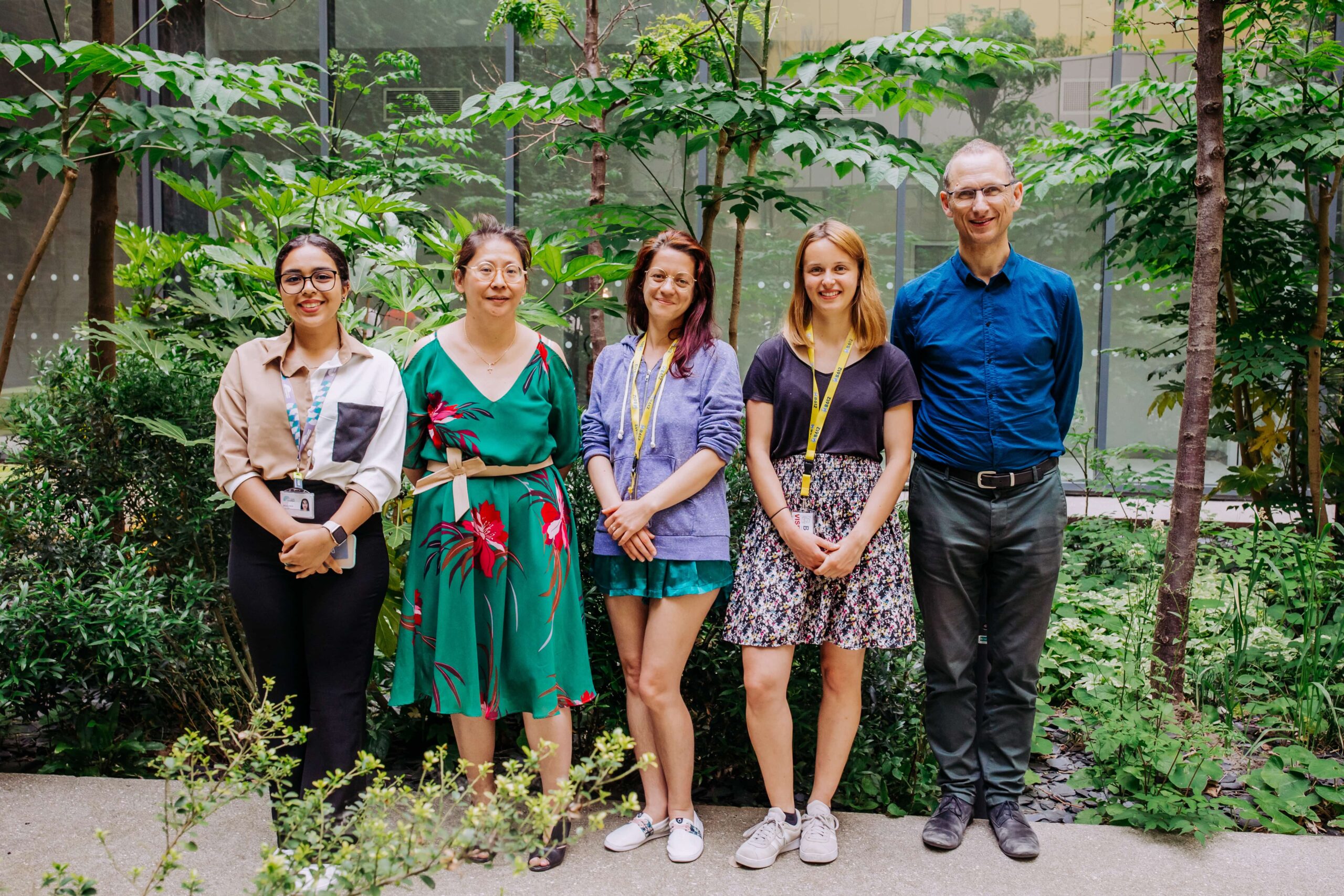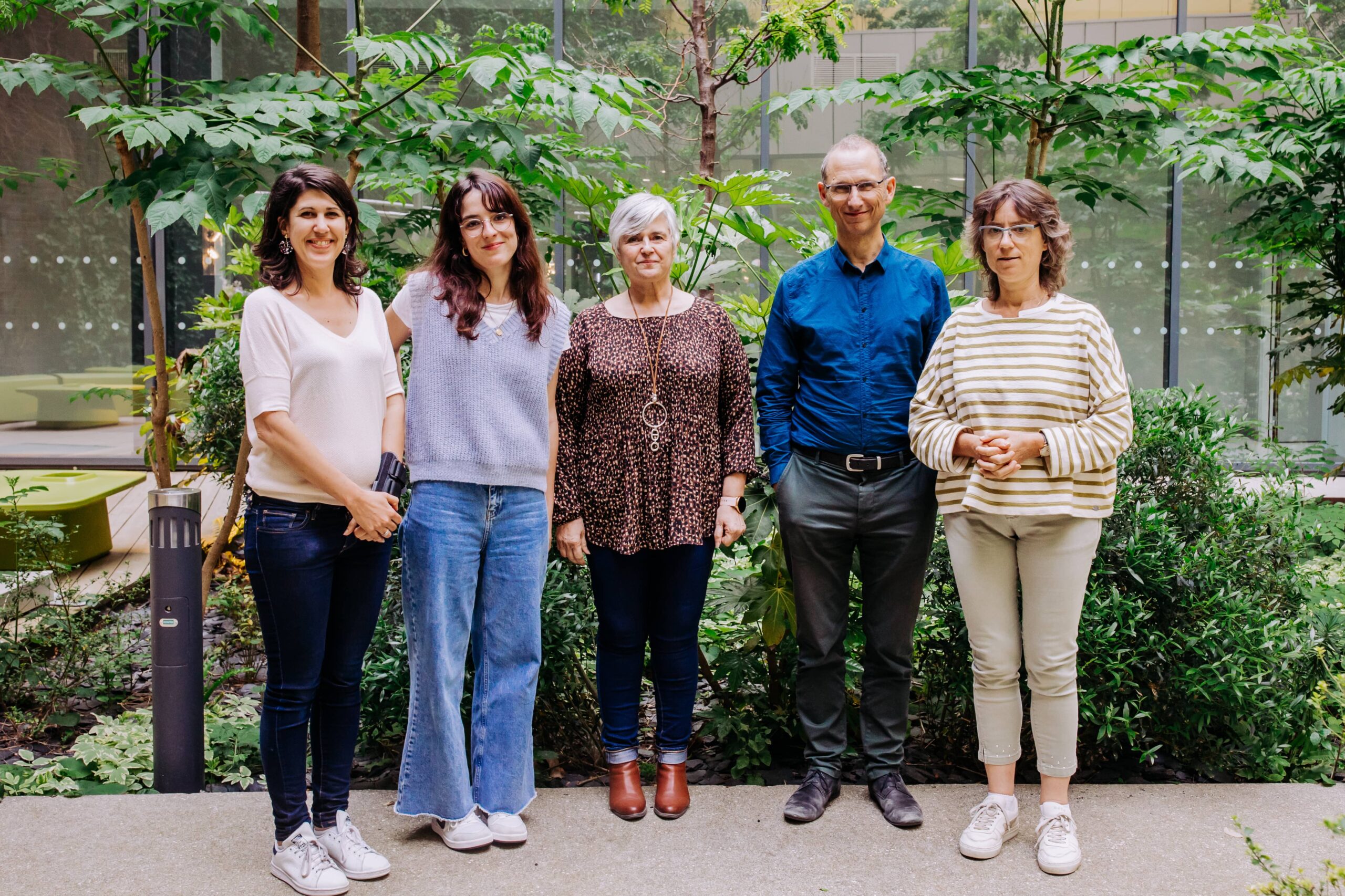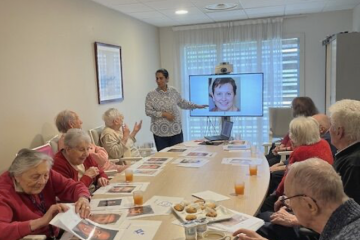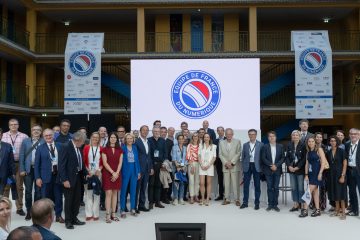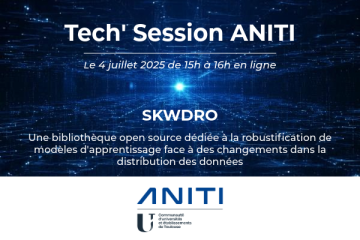Thursday, May 12, 2022 was the first meeting between mentors and mentees of our Mentor'IA program in the B612 building. Launched in February 2021 by ANITI's Gender Commission, the Mentor'AI program is aimed at female students, from bachelor to master, who wish to benefit from a personalized coaching with an artificial intelligence professional, coming from the academic and/or industrial sectors. The mentors can share their professional experiences and the mentees can benefit from a support for their choice of orientation while contributing to the creation of a network of students within the program.
During this meeting, the objectives of the program were discussed as well as the program's areas of improvement for the upcoming academic year. For Léonie, an INSA student in M2, her mentorship with Valentine, in 2nde year of her thesis, allowed her to answer all her questions about the thesis process and to clear her doubts. As for Diane, a Master 1 student in digital law, Mentor'AI allowed her to develop a professional network and it is thanks to this that she had the opportunity to moderate a round table on Women in Science ("Women in AI") organized by ANITI. Finally, for Hélène, a student at ECNAM, the program was an interesting way to find her work-study program.
The Mentor'AI program is meant to be inclusive. Indeed, the students have different profiles despite the similarity of their backgrounds. Many of them are in engineering school or are doing double degrees, like Yousra and Joanne, both enrolled in the Mod'IA program Mod’IA créée par ANITI proposée dans le cadre d’une collaboration entre l’INSA Toulouse et l’, at ENSEEIHTThis diversity can also be observed within the mentors, especially regarding the application areas of AI they come from (ecosystem monitoring, automatic language processing, robotics ...).
The implementation of the mentoring program also aims to address the issue of the masculinization of AI professions. Working for diversity and mixity in this field, ANITI's Mixity Commission is trying to attract female students and diversify the profiles in order to eventually build a more ethical AI and to compose inclusive teams. In 2020-2021, women represented barely 30% of the workforce in engineering programs and 20% in the Cifre program in the ICST field. This lack of representation tends to crystallize gender stereotypes from an early age.
« Ma vision des sciences et de l’informatique a complètement changé au fur et à mesure de mes études », témoigne Léonie, « au collège je ne m’y voyais pas du tout, je me disais que ce n’était pas pour moi. Arrivée à l’INSA je voulais faire de la biologie. C’est en allant en cours d’informatique et d’algorythmique que j’ai trouvé ça super et que j’ai complètement changé. » Même chose pour Diane, pour qui le monde des sciences était quelque chose de lointain et qui regrette de ne pas avoir continué les mathématiques au lycée.
Thus, these female role model systems act as a powerful tool to provide girls with examples of female leaders and thus encourage them in the pursuit of their goals. In combination with mentoring, the female role model helps women and girls overcome some of the barriers that can prevent them from moving into other job positions. For Leonie and Diane, seeing other women succeed is very impactful and they have found some female role models, especially within friends in their graduating classes or university careers. They can now see themselves continuing the program and become mentors for upcoming generations.
The Mentor'AI program is open to anyone who is interested in becoming a mentor or a mentee.
